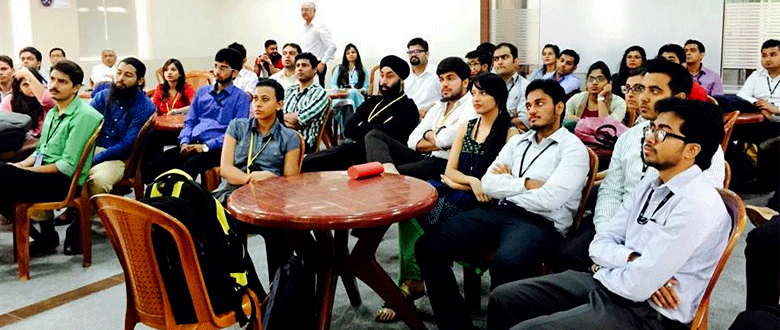Why – Skills assessed during a Group Discussion
An employee in an organisation works with people and teams. Many companies use Group Discussions (GD) in the selection process for management trainees or entry level managers. Employers are looking for candidates who have potential to be executives and to lead a group of people, as also be a team player. Furthermore, Group Discussions precede the face-to-face interview. GD can be used to check many aspects of a potential employee :-
- Thought process – clarity of thought, expression and aptness of language.
- Persuasive Skills– The ability to analyse and persuade others to see the problem from multiple perspectives.
- Communication and articulation skills – how good is the person at communicating with other people.
- Interactive skills – how does a person interacts with other members a team. Emotional maturity and balance are essential for good interpersonal relationships.
- Listening Skills – a willingness to accommodate others views.
- Attitude, Personality, Confidence, Body Language,
How
During GDs a groups of 8-10 candidates are formed into a leaderless group. For the purpose of discussions:-
- They may be given a topic and are asked to discuss the same. Topics can be from a wide range of issues like current events, business news, sports or even abstract.
- They may be given a case study and asked to come out with a solution for a problem.
- They may be given a specific situation to analyse and discuss.
Tips for the Group Discussions
Here are some tips in order to be successful in a group discussion
- When speaking in a GD, your job is to articulate your point of view in a way that is easy for others to comprehend.
- Take initiative and start the discussion.
- Structure your thoughts; take a position; support your point with examples, facts, statistics etc.
- Speak clearly & confidently; maintain eye contact with the member as you speak; there should be enthusiasm in your body language
- Listen attentively to other members; take notes; quote them wherever relevant to continue your discussion.
Group Discussions Resources


